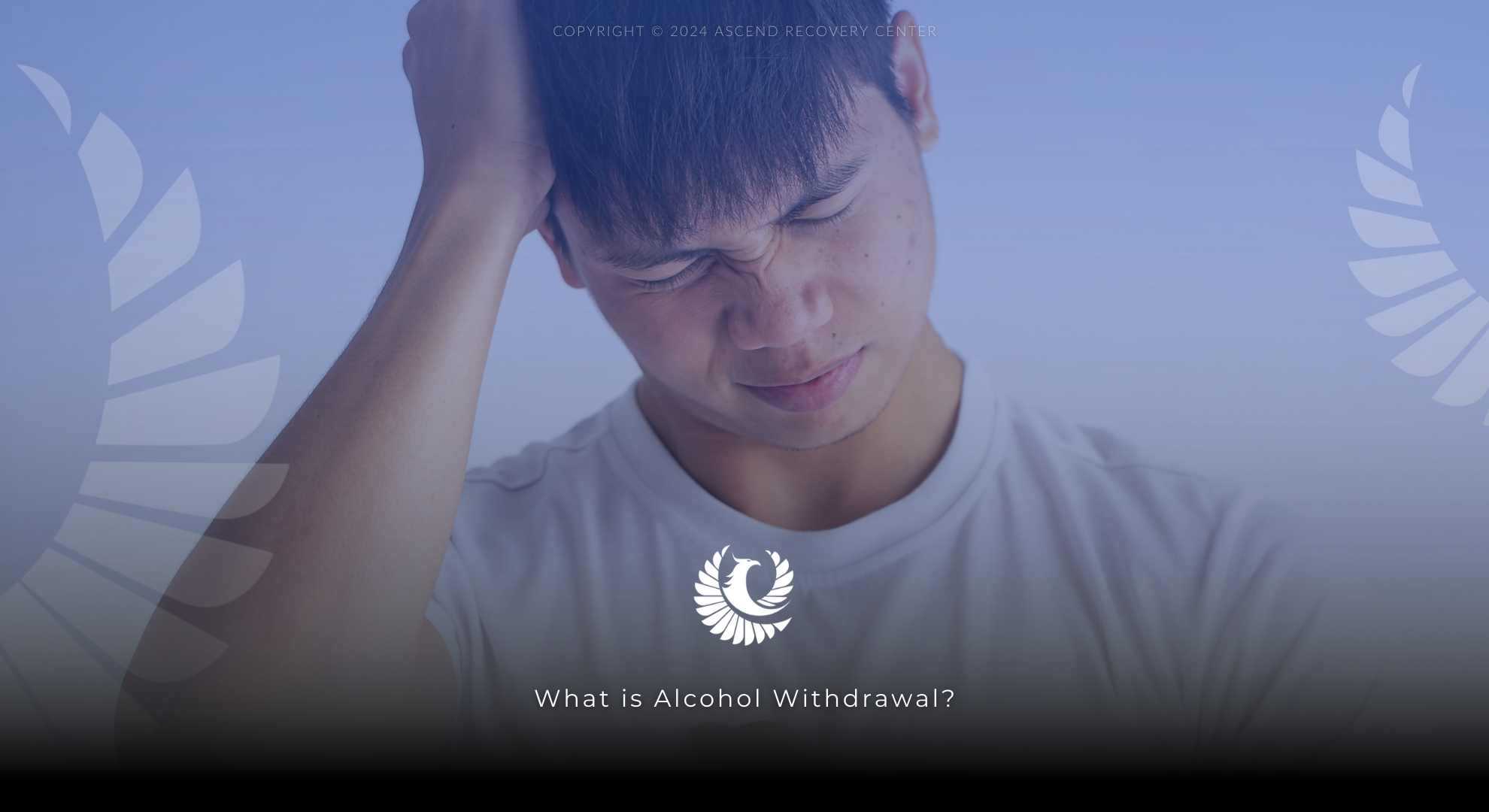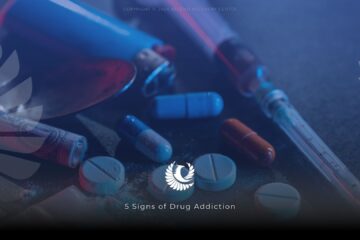Alcohol withdrawal is a complex and challenging process that occurs when an individual who has been drinking heavily for an extended period suddenly reduces or stops their alcohol consumption. This guide aims to provide a comprehensive understanding of alcohol withdrawal, its symptoms, causes, stages, and treatment options.
What is Alcohol Withdrawal?
Alcohol withdrawal (alcoholism) is a series of physical, psychological, and behavioral symptoms that occur when an individual cuts back or stops consuming alcohol after a prolonged and heavy drinking period. This abrupt decrease in consumption can lead to an imbalance in the brain, causing various withdrawal symptoms.
Alcohol and Its Impact on the Body
Alcohol, consumed in large amounts over time, has a depressive effect on your system. It slows down brain function and alters the way your nerves send messages to each other. Over time, your central nervous system adjusts to having alcohol around all the time, working harder to keep your brain in a more awake state and to keep your nerves communicating. When the level suddenly drops, your brain stays in this keyed-up state, leading to withdrawal.
Alcohol Withdrawal Symptoms
Withdrawal symptoms vary from individual to individual, depending on various factors such as the quantity of alcohol consumed, the duration of consumption, and the individual’s overall health. Symptoms can range from mild to severe and may include:
- Anxiety
- Shaky hands
- Headache
- Nausea
- Vomiting
- Insomnia
- Sweating
- Hallucinations
- Seizures
- Confusion
- Racing heart
- High blood pressure
- Fever
- Heavy sweating
Stages of Alcohol Withdrawal
Alcohol withdrawal typically occurs in three stages, each of which is characterized by specific symptoms and changes in the body.
Stage 1 (Mild)
The first stage begins as early as 6 hours after you stop drinking and may include symptoms like anxiety, shaky hands, headache, nausea, vomiting, insomnia, and sweating.
Stage 2 (Moderate)
The moderate stage usually starts 12-48 hours after your last drink. This stage involves more serious problems, including hallucinations and seizures.
Stage 3 (Severe)
The severe stage, also known as delirium tremens (DTs), starts 48-72 hours after you stop drinking. These severe symptoms include vivid hallucinations and delusions, confusion, racing heart, high blood pressure, and fever.
Alcohol Withdrawal Timeline
The timeline of withdrawal symptoms can be divided into three phases:
- 6 hours after you stop drinking: Mild symptoms can start as early as 6 hours after you stop drinking.
- 12-48 hours after your last drink: More serious problems, including hallucinations and seizures, can start within this timeframe.
- 48-72 hours after you stop drinking: Severe symptoms, known as delirium tremens, usually start in this timeframe.
Alcohol Misuse and Binge Drinking
Misuse of alcohol refers to usage that places you at risk for experiencing physical health problems, mental health issues, and social problems. Even drinking within the recommended limits can increase a person’s cancer risk and can increase their risk of physiological dependence.
What Causes Alcohol Withdrawal?
Alcohol withdrawal is primarily caused by the body’s reaction to the sudden absence of alcohol after a prolonged period of heavy drinking. The brain reacts by decreasing the amount of GABA being released and increasing glutamate signaling to compensate for how alcohol alters these levels. This adaptation functions as long as you continue to drink alcohol—this is known as “tolerance.”
When To Seek Help for Alcohol Addiction
If you or a loved one is experiencing alcohol withdrawal symptoms, it’s crucial to seek professional help. Addiction treatment facilities, like Ascend Recovery Centers, specialize in providing comprehensive care and support for individuals struggling with alcohol addiction.
Treatment for Alcohol Withdrawal
Treatment for alcohol withdrawal typically involves a combination of medication, therapy, and lifestyle changes. Various medications, including benzodiazepines, are often used to help manage withdrawal symptoms. Therapy, such as cognitive behavioral therapy (CBT), can help individuals understand and manage the underlying causes of their addiction.
Dangers of Alcohol Withdrawal
Alcohol withdrawal can be dangerous and life-threatening if not properly managed. The most severe form of alcohol withdrawal, delirium tremens, has a mortality rate of 1% to 4%. It is crucial to seek professional help if you or a loved one is experiencing severe alcohol withdrawal symptoms.
Alcohol Detox
Medical detox is often the first step in the treatment process. It involves managing the physical symptoms of withdrawal and stabilizing the individual’s health. Following detox, individuals typically engage in a comprehensive treatment program to address the psychological aspects of addiction.
Aftercare and Ongoing Support
Recovery from alcohol addiction is a lifelong endeavor. Aftercare programs provide ongoing support to individuals after their initial course of treatment, helping them maintain sobriety in the long term.
Alcohol Withdrawal Treatment at Ascend Recovery Centers
Alcohol withdrawal is a challenging and complex process that requires professional help. If you or a loved one is struggling with alcohol addiction, reach out to a treatment center like Ascend Recovery Centers for comprehensive and compassionate care.








